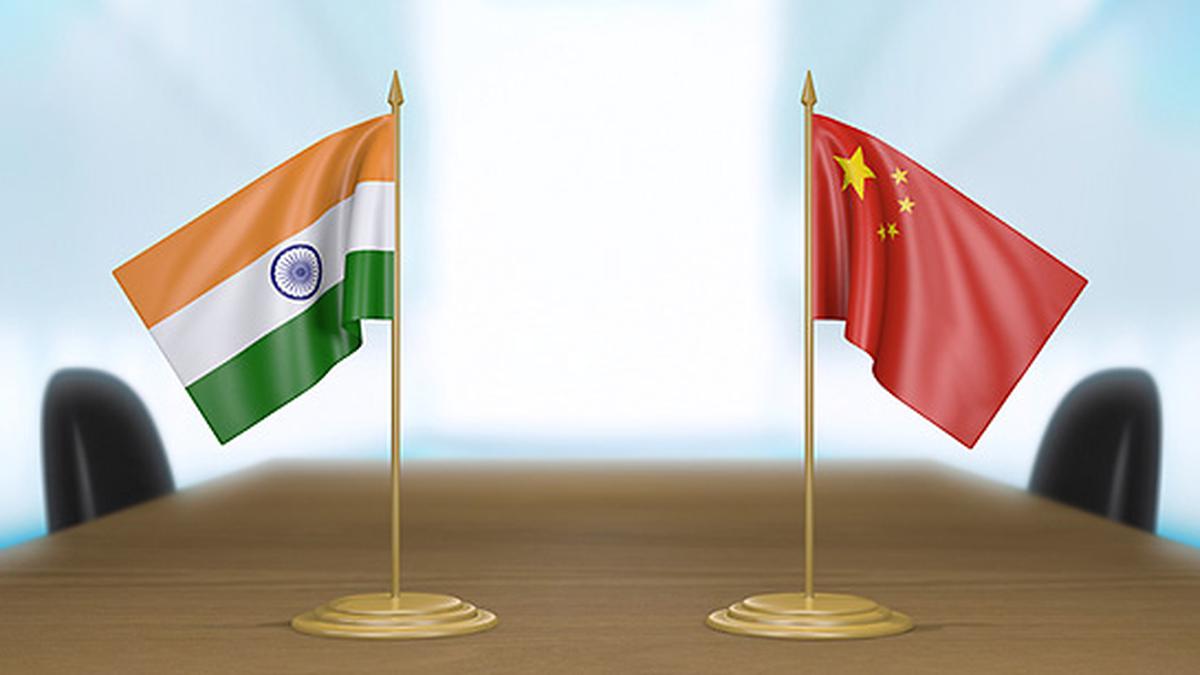
China sends ‘deliberate signals’ to India, West as Xi Jinping skips G-20
The Hindu
Missing the summit, they said, conveys China’s displeasure both with the current state of bilateral ties with India — and New Delhi’s stand that normalcy in broader ties is not possible without a restoration of peace on the Line of Actual Control (LAC) — and with what Beijing sees as a “politicisation” of the G-20, which it believes should be limited to economic issues and not involve itself with issues such as the war in Ukraine.
With Chinese President Xi Jinping skipping a G-20 summit for the first time, Beijing is sending “deliberate signals” to India and the West by essentially downgrading its involvement in a key international forum, according to current and former officials and people familiar with Beijing’s thinking.
Missing the summit, they said, conveys China’s displeasure both with the current state of bilateral ties with India — and New Delhi’s stand that normalcy in broader ties is not possible without a restoration of peace on the Line of Actual Control (LAC) — and with what Beijing sees as a “politicisation” of the G-20, which it believes should be limited to economic issues and not involve itself with issues such as the war in Ukraine.
Beijing offered no reason on Monday for Mr. Xi’s decision to skip the summit. The decision was “surprising”, noted former Indian Ambassador to China Ashok Kantha, considering Mr. Xi attended all previous G-20 summits (he attended the 2021 Rome summit virtually) and as recently as August 24 travelled to South Africa for the BRICS summit. Health reasons also do not appear to be a factor, with Mr. Xi in the past week meeting with the visiting President of Benin in Beijing and also addressing by video a key conference on trade in services.
“So one presumes it is a deliberate signal both in the bilateral context, where there is unhappiness about the present state of relations, and a second aspect is a lack of comfort for China with the G-20 as a platform,” Mr. Kantha said. “They are sending out signals that they see things [with India] as not good and that they are not going to go the extra mile to retrieve the situation.”
Following an informal conversation between Mr. Modi and Mr. Xi in South Africa, both sides put out differing readouts over what was said, and then subsequently exchanged sharp barbs over China’s issuing of a new “standard map” for 2023 on August 28. While the timing, five days after the meeting between the leaders, was likely coincidental given the release of the map during what appeared to be a long-planned “map awareness publicity week” campaign in China by the Ministry of Natural Resources, it was seen by New Delhi as further complicating already sensitive relations amid an unresolved border crisis.
Skipping the summit also reflects China’s unease with the G-20 as a platform, and a stark contrast to its investing in other fora such as BRICS and the Shanghai Cooperation Organisation (SCO).
People familiar with Beijing’s thinking suggest Mr. Xi would have been “very likely present in Delhi” if India hosted the SCO summit in person given the importance accorded by Beijing to the China and Russia-backed grouping. India decided to host the summit virtually, although it had initially planned for a physical summit in New Delhi.













